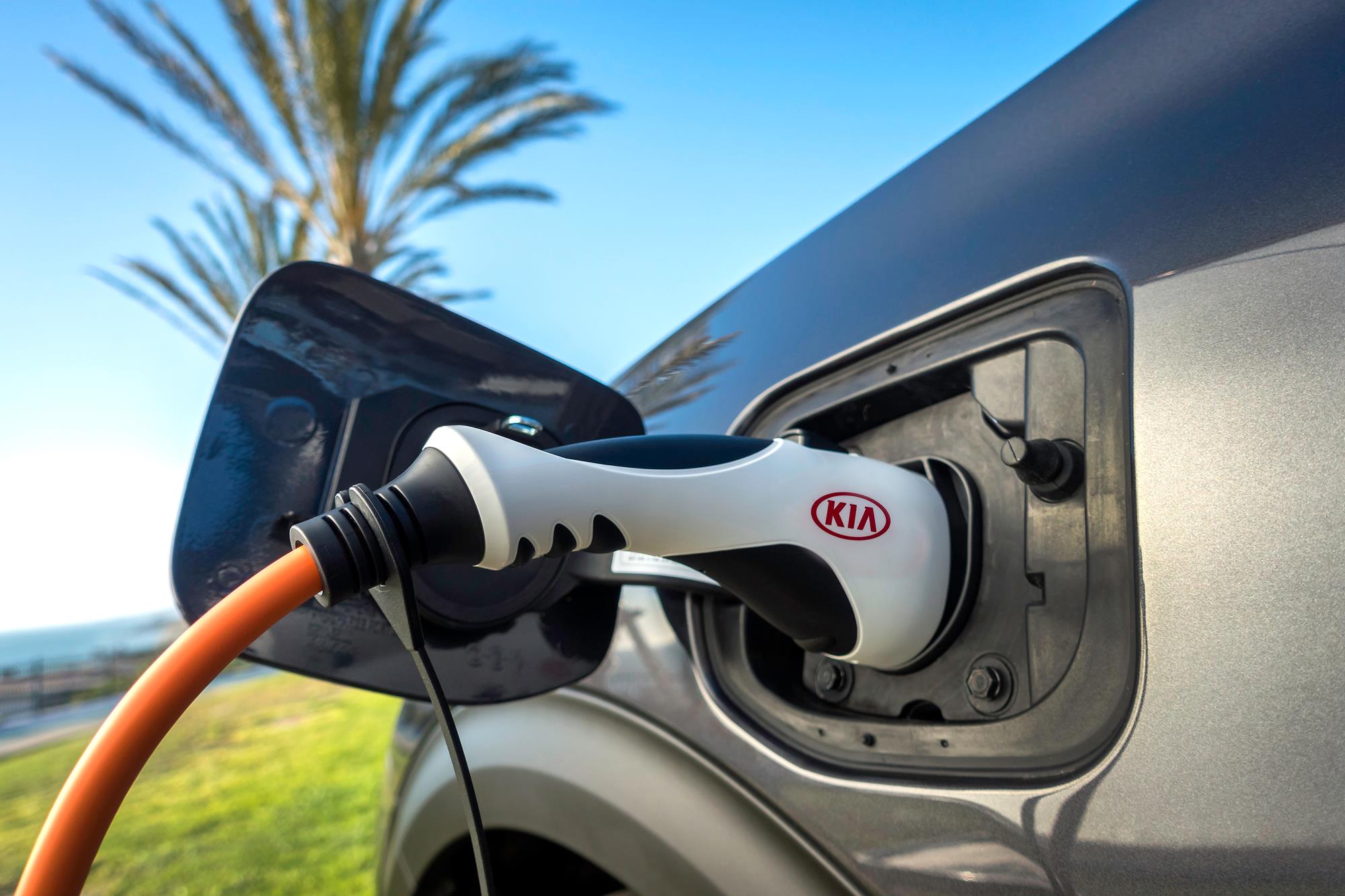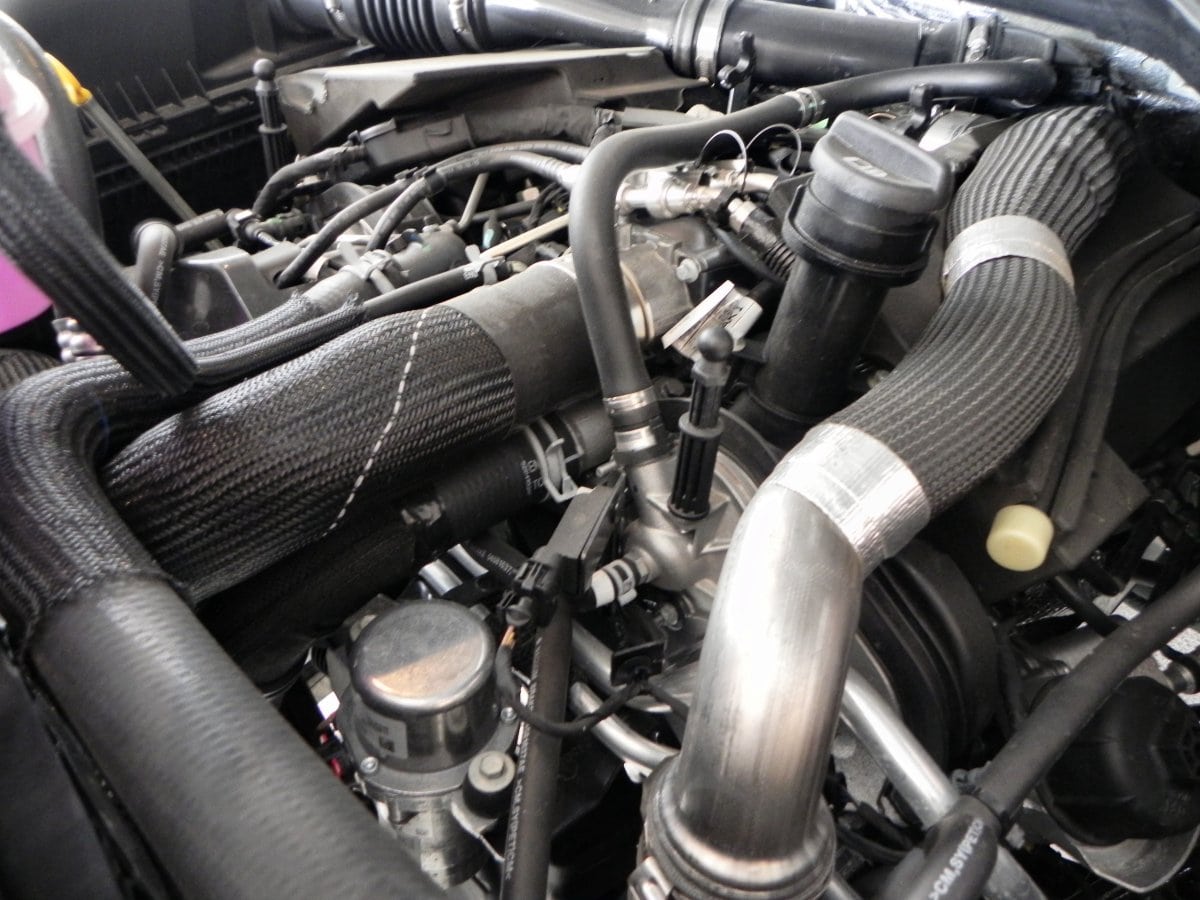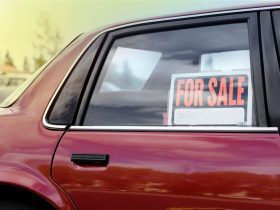So, you’ve passed your driving test and you’re looking to get your hands on your first car. You’ll have invested a whole lot of time, money and effort into getting this far, so it’s not all too surprising that you’re ready to get your own set of wheels and hit the public roads independently. At the end of the day, that’s the exact reason you spent months in driving classes! But don’t rush into anything. This, of course, isn’t going to be the easiest decision you make in your life. Why? Well, for most of us, a car is the second biggest investment we make after our home. It’s also something that you’re likely to use most days. So, you want to make sure you get the right one. Now, it’s impossible to say a specific make or model of vehicle that is the “best” car for new drivers. Sure, there are some favourites out there. But at the end of the day, the car that’s best for you as a new driver will depend largely on your personal circumstances, tastes and requirements. So, let’s take a moment to look into some factors that you need to take into consideration when buying!
Choosing a Make and Model
There are all sorts of factors that will influence what make and model of vehicle you settle on. Don’t simply go for how a car looks – though this can be tempting. Make sure to consider other factors too. Check what safety features the car has. Is it up to standard? This is particularly important if you’re considering a classic car.
New or Used?
Once you know the make and model of car you want, it’s time to move onto a different area of focus – new or used. Now, there are pros and cons that come hand in hand with each option. Generally speaking, buying new is generally the most coveted option. The car is yours from the start. You know that there aren’t any faults, stains, or marks. It will have no mileage. If something goes wrong with it, it’s likely you’ll have a warranty or guarantee. The issue? As soon as you drive it, it loses thousands in value, as it goes from new to used. When you buy a used car, you generally get a cheaper vehicle. The risk? You have to really check it over to ensure that it’s in the condition the seller is saying it’s in. Generally speaking, most new drivers are best off buying used cars that are almost new. This means you benefit from an almost new vehicle but only pay a fraction of the price for it.
Finance Options
Next, think about how you’re going to pay for the car. Very few people pay for a vehicle outright in cash that they’ve saved. Instead, most people opt for a finance option. PCP, hire purchase, lease… the list goes on. Make sure you fully understand all of your options before choosing.
Buying a car is a complicated process. But in the end, it’s worth your time and patience. Hopefully, some of the above information will help you to choose the perfect car for your needs!







